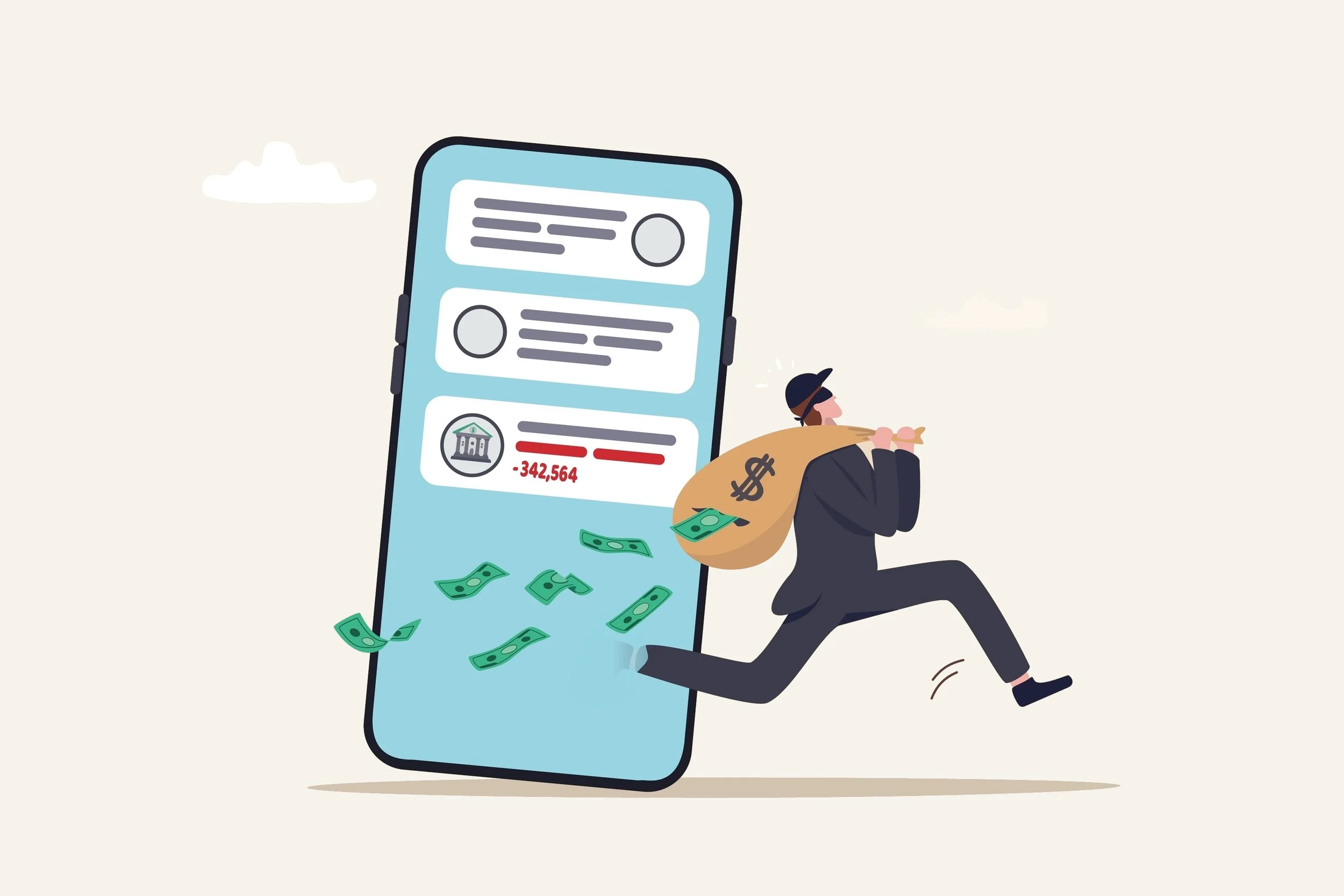Fraudulent Credit Card Transactions
If your account statement shows unrecognized charges or if you’ve received notifications about transactions you did not authorize, it may indicate that your credit card has been compromised. In such cases, you should request the bank to block the account and seek legal assistance to reverse the transactions.
How Fraudulent Credit Charges Occur?
Credit card fraud can happen in a variety of ways, often without you realizing it until it's too late. One common way it occurs is when your card is lost or stolen. Fraudsters can quickly use your card for unauthorized purchases, especially if it’s not protected with a PIN or other security measures. In some cases, they may hold onto the card, using it over time for further purchases.
Another way fraudsters operate is through card-not-present fraud. In this type of fraud, they don’t need to physically possess your card but can use your card information to make online or phone purchases. This type of fraud is common with the rise of online shopping, where all that’s needed is the card number, expiration date, and security code.
Data breaches are also a significant cause of credit card fraud. When hackers gain access to a retailer or financial institution’s database, they can steal your card information. This stolen data is often sold on the dark web or used directly for fraudulent purchases. Fraudsters also use a method called skimming, where a device is placed on ATMs or payment terminals to capture your card information without your knowledge. Once the fraudster has your data, they can make unauthorized transactions.
Finally, in account takeover fraud, criminals gain access to your existing credit account. They might use hacking or stolen personal information to change your account details and make unauthorized purchases.
To protect yourself, monitor your accounts regularly, shop securely, and report any suspicious activity immediately.
Dispute Fraudulent Credit Card Charges - Our Legal Help
Disputing fraudulent credit card charges is a complex process that involves contacting your financial institution, preparing an identity theft report, and disputing inaccuracies on your account. A paralegal can advise you on whether additional steps, such as filing a police report, are necessary, and assist you in investigating each fraudulent charge.
However, even after filing a strong dispute, your financial institution may still refuse to reverse fraudulent charges. In such cases, you will need an identity theft attorney to take legal action against the bank for failing to address the fraudulent transactions.
You pay nothing out of pocket. We work to have the unauthorized charges removed and pursue compensation for the financial and emotional damages you’ve suffered.







